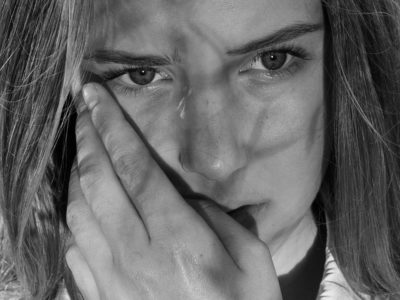Tereza Kozinc’s Photographs Are Inspired by the Disapperance of Her Beloved Stenli
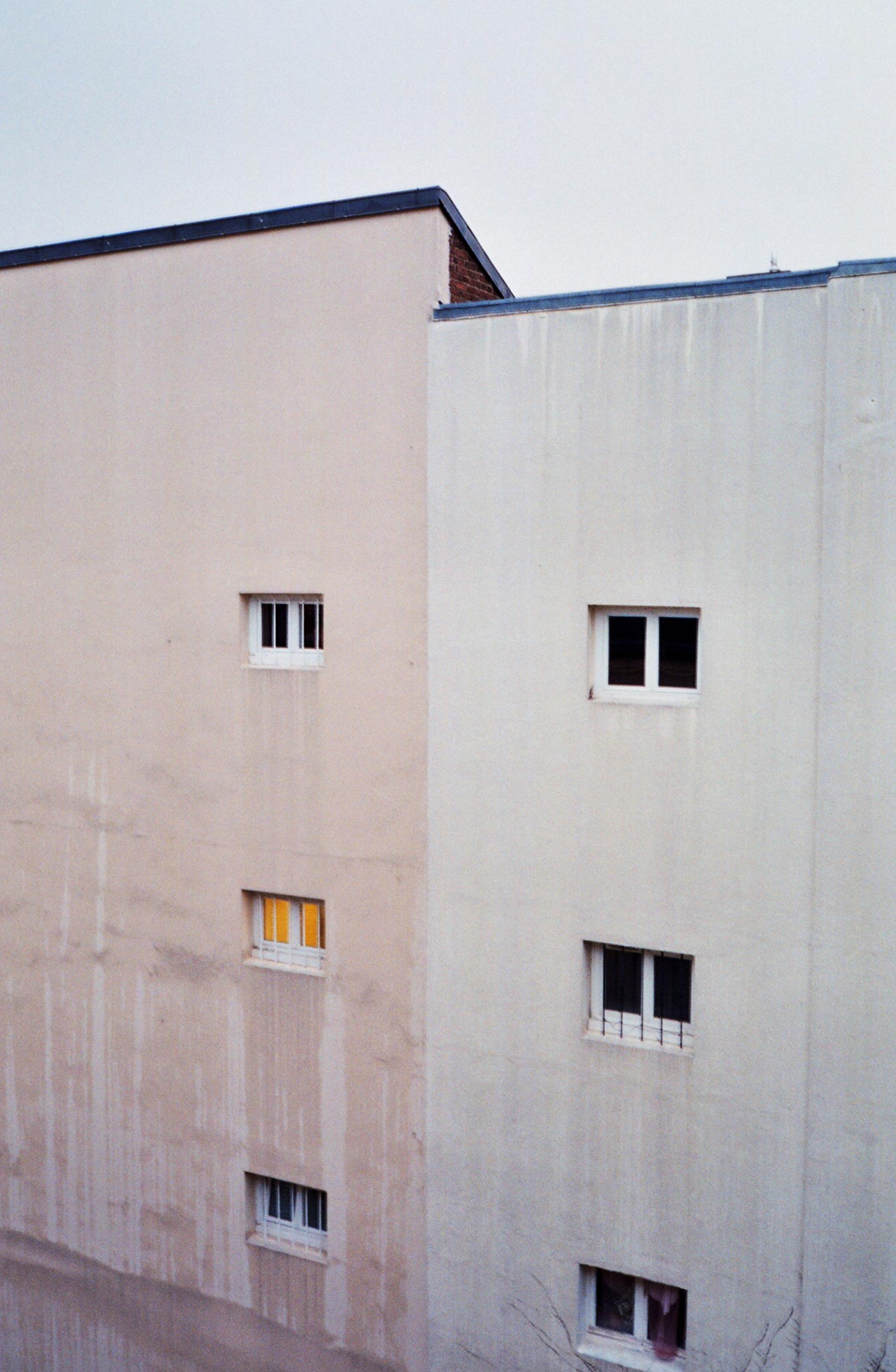
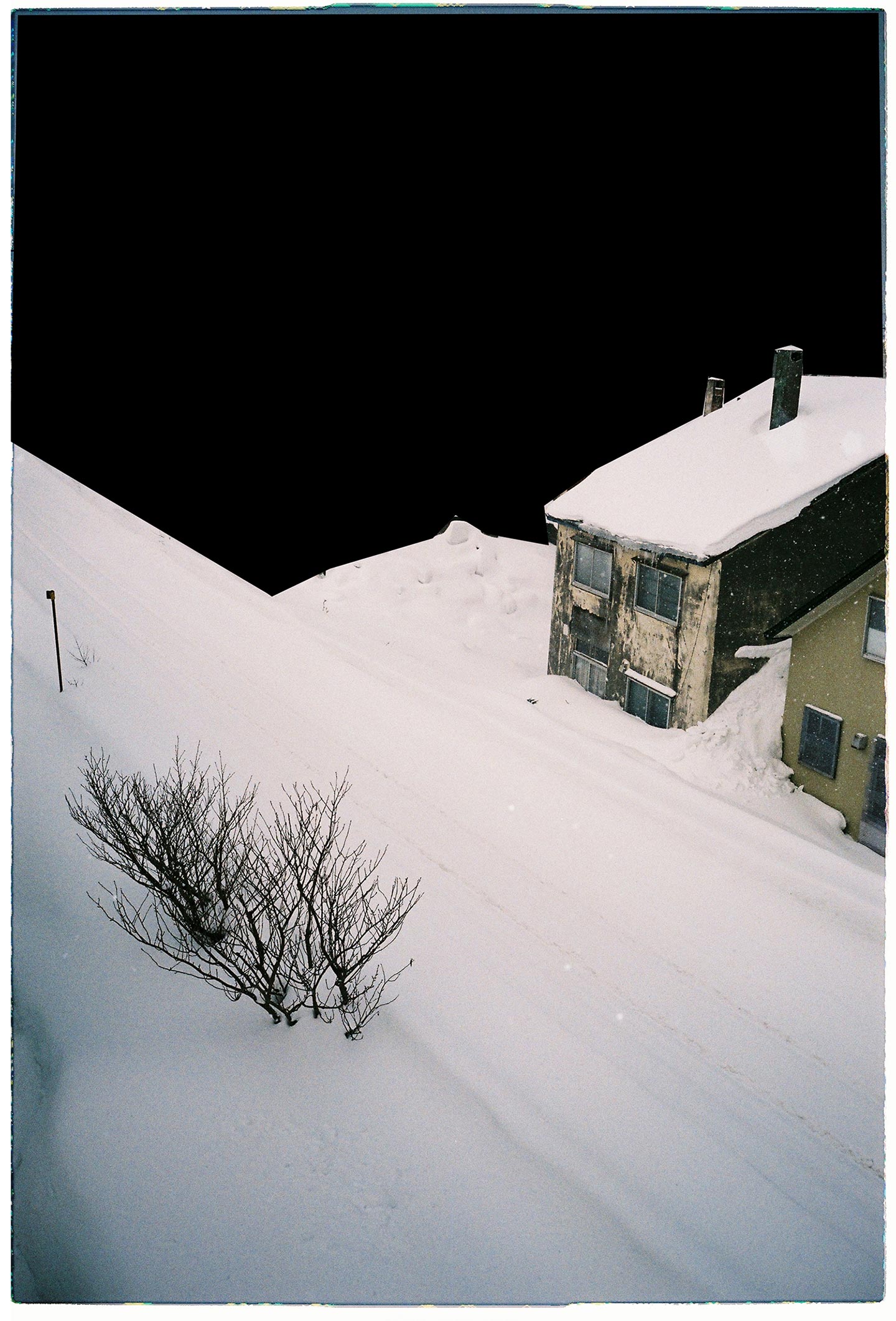
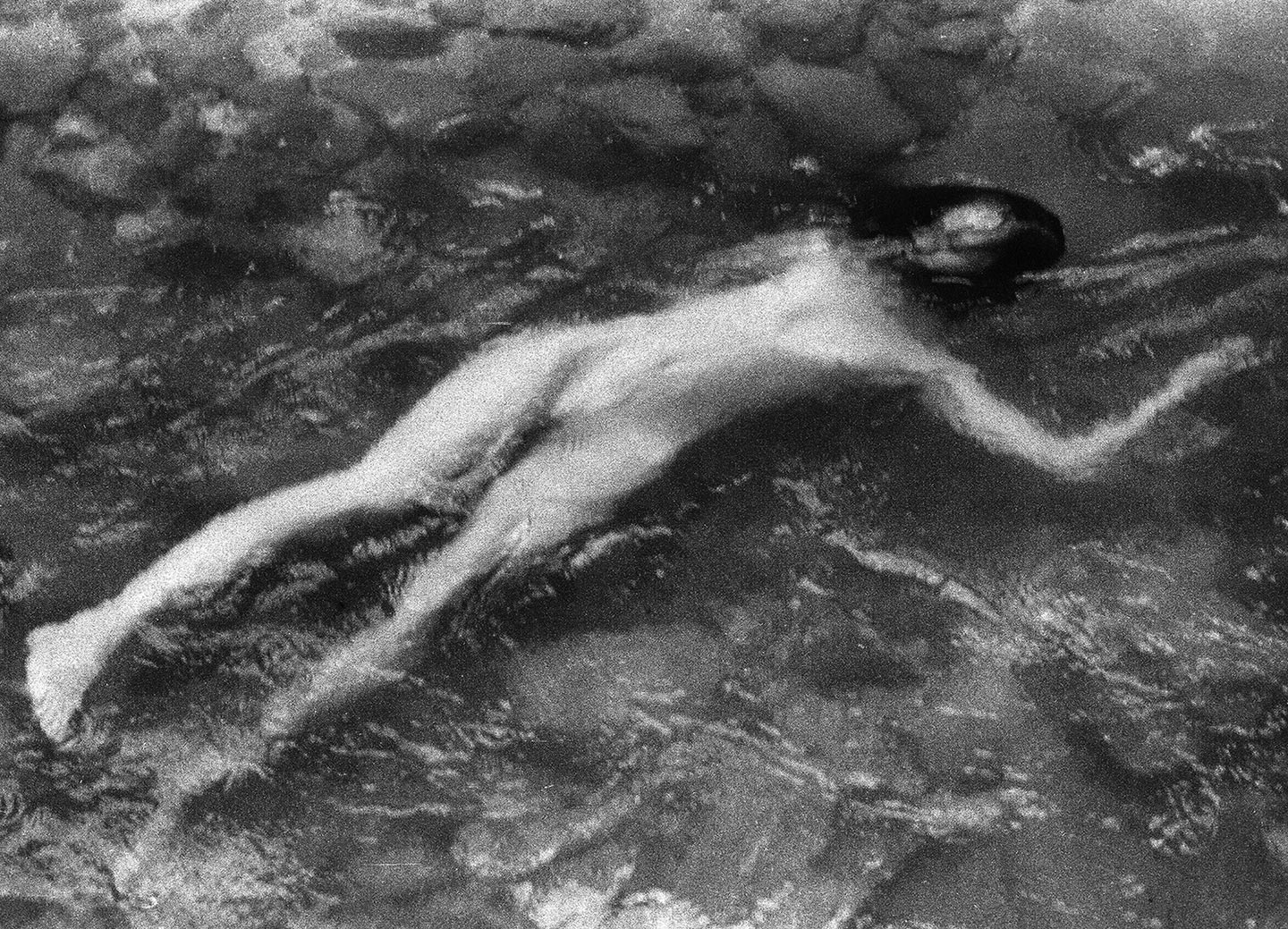
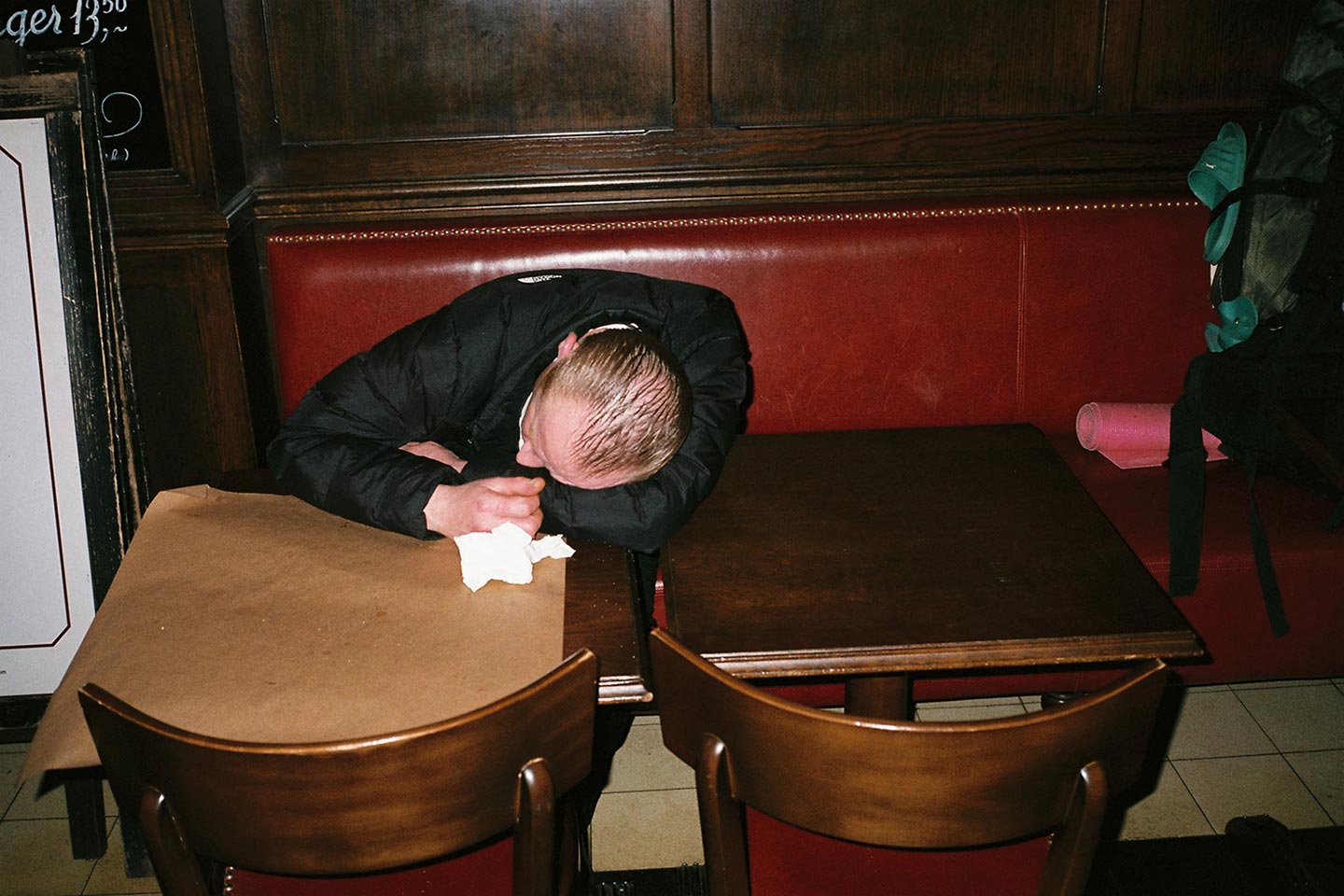
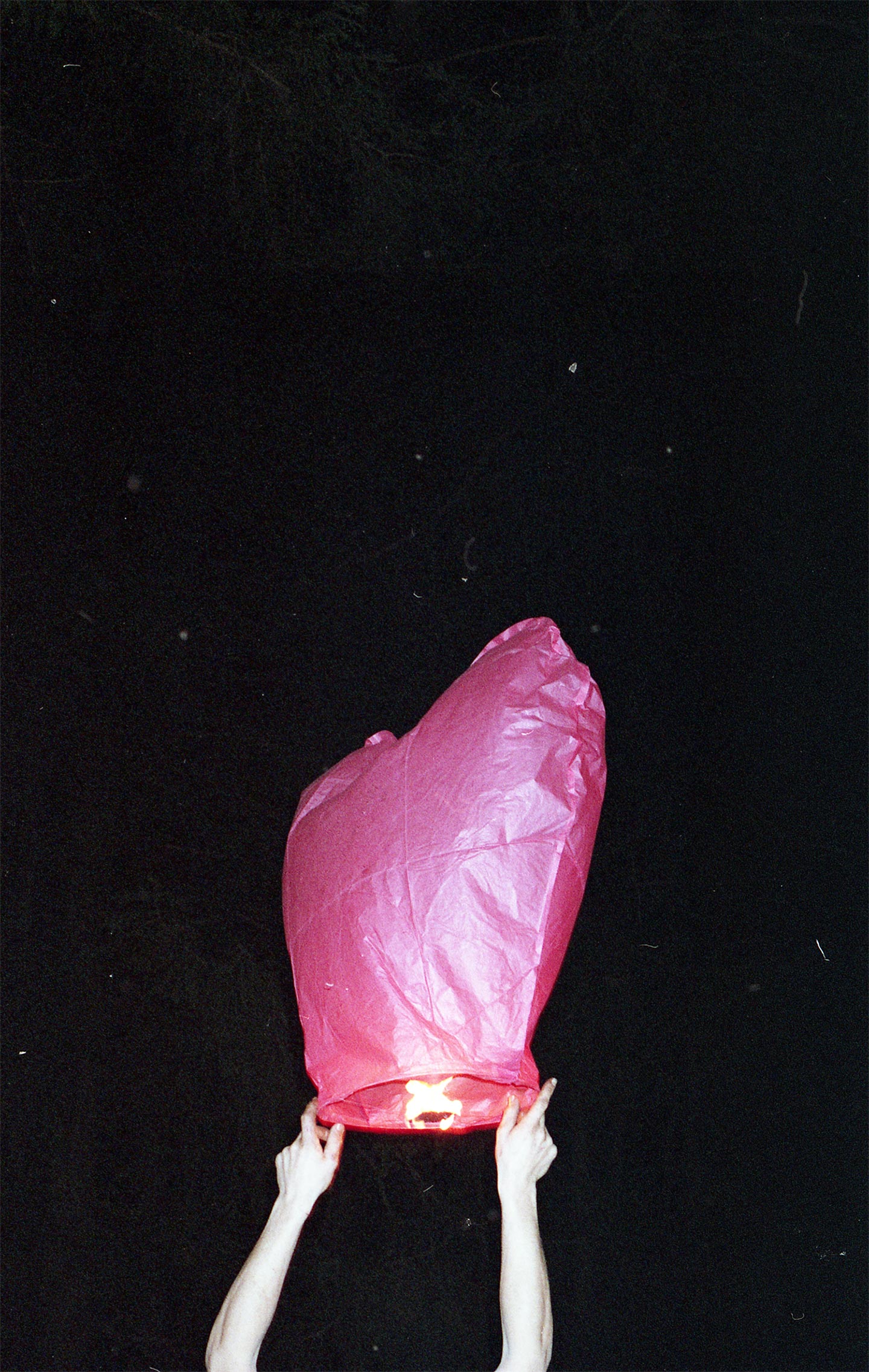
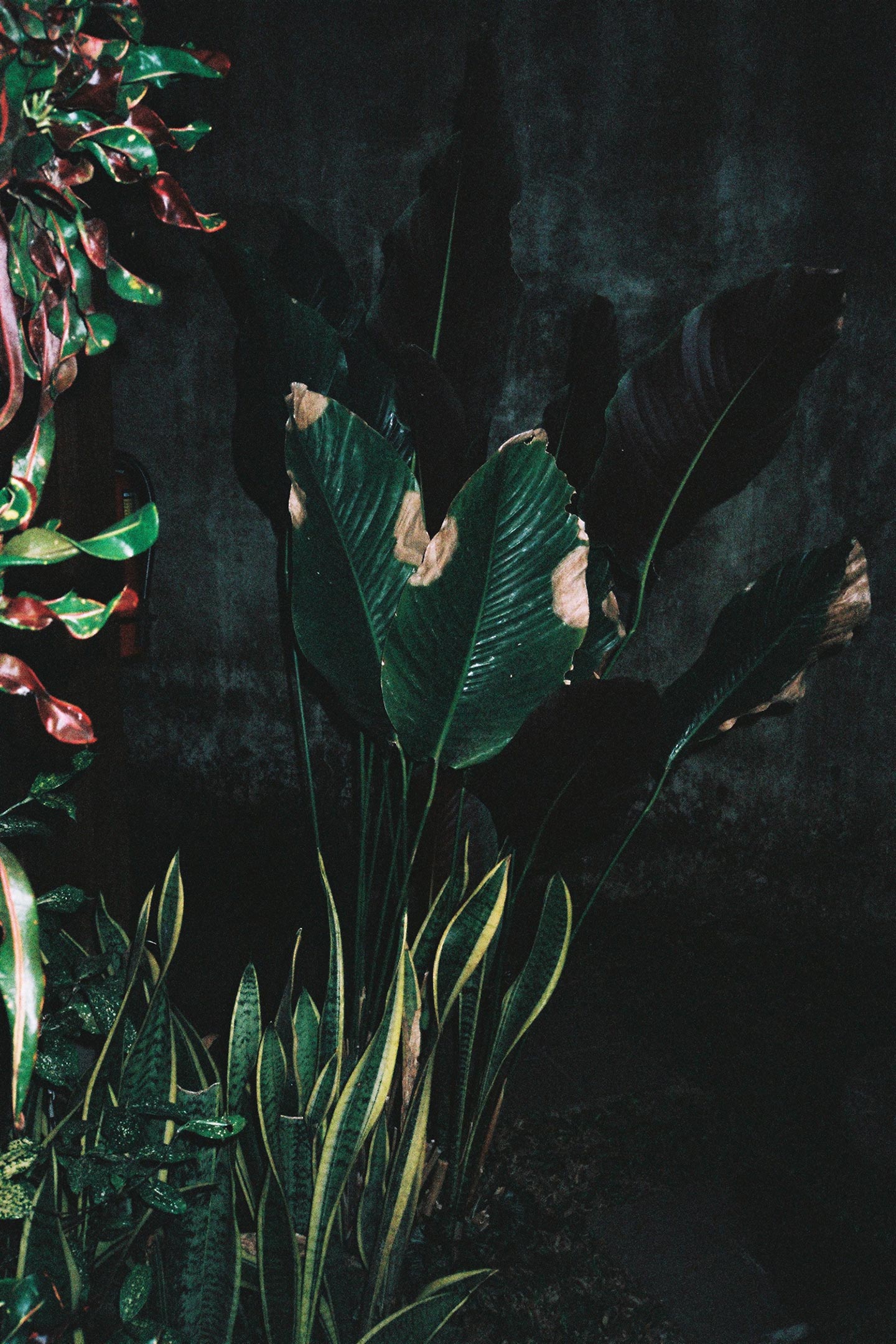
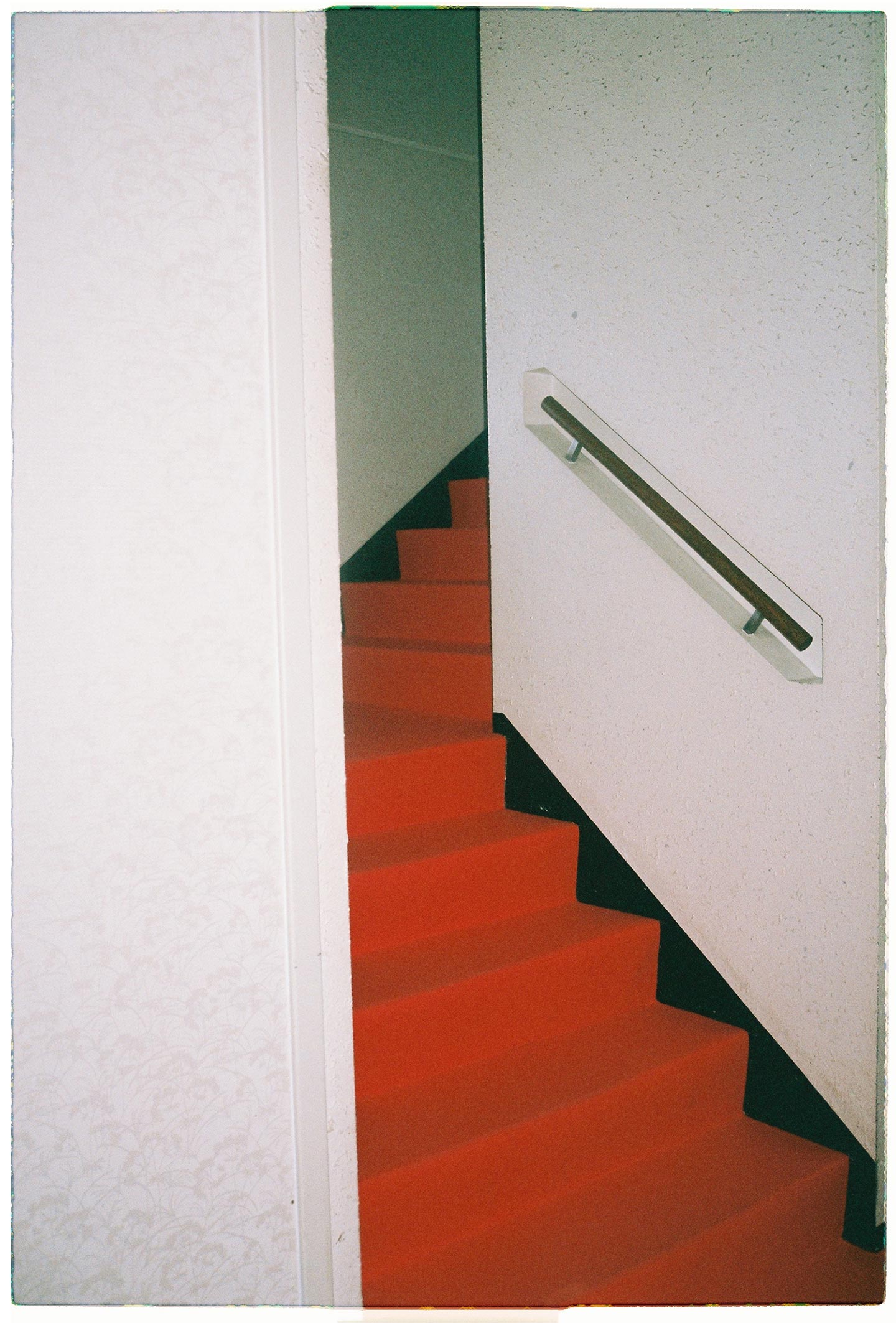
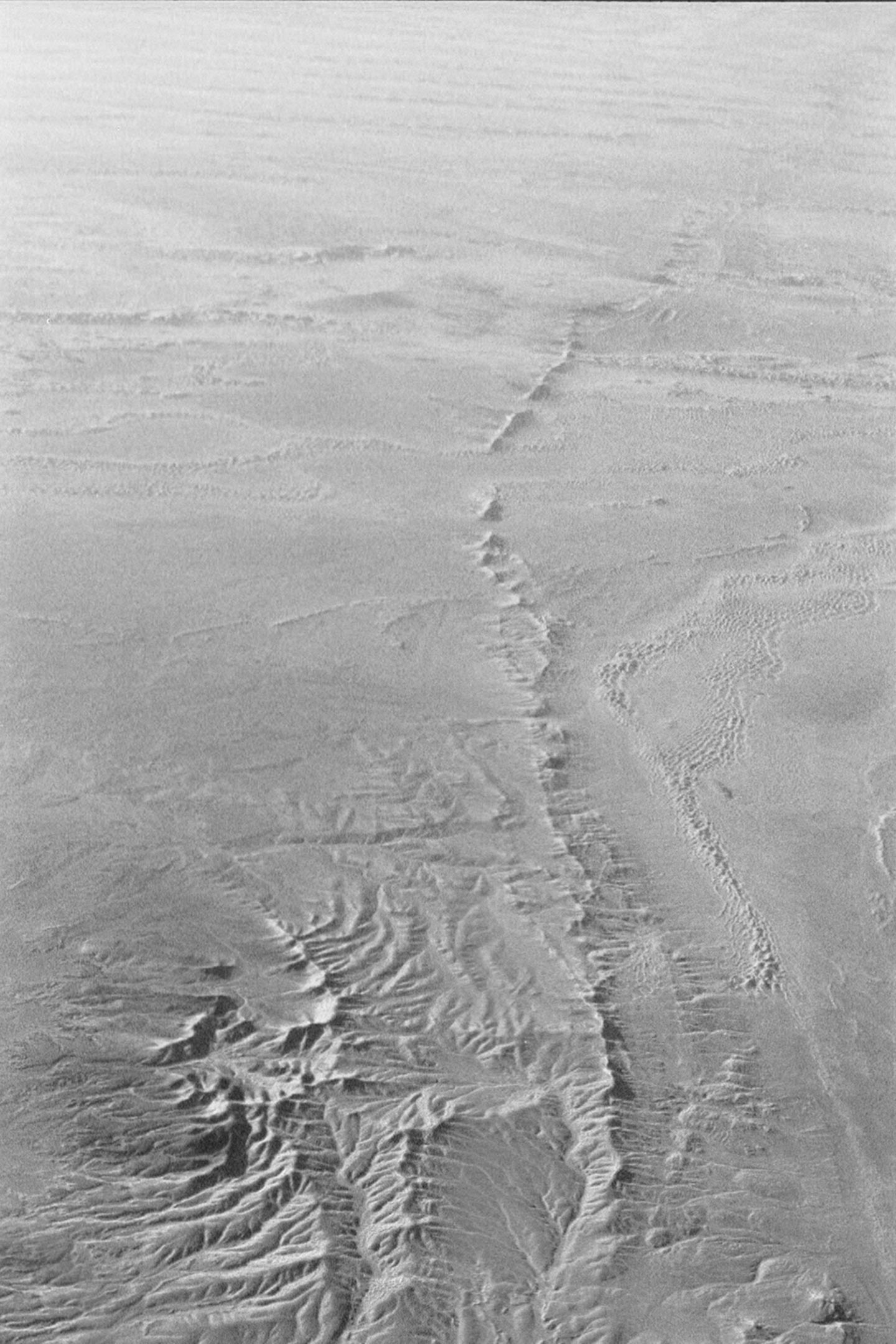
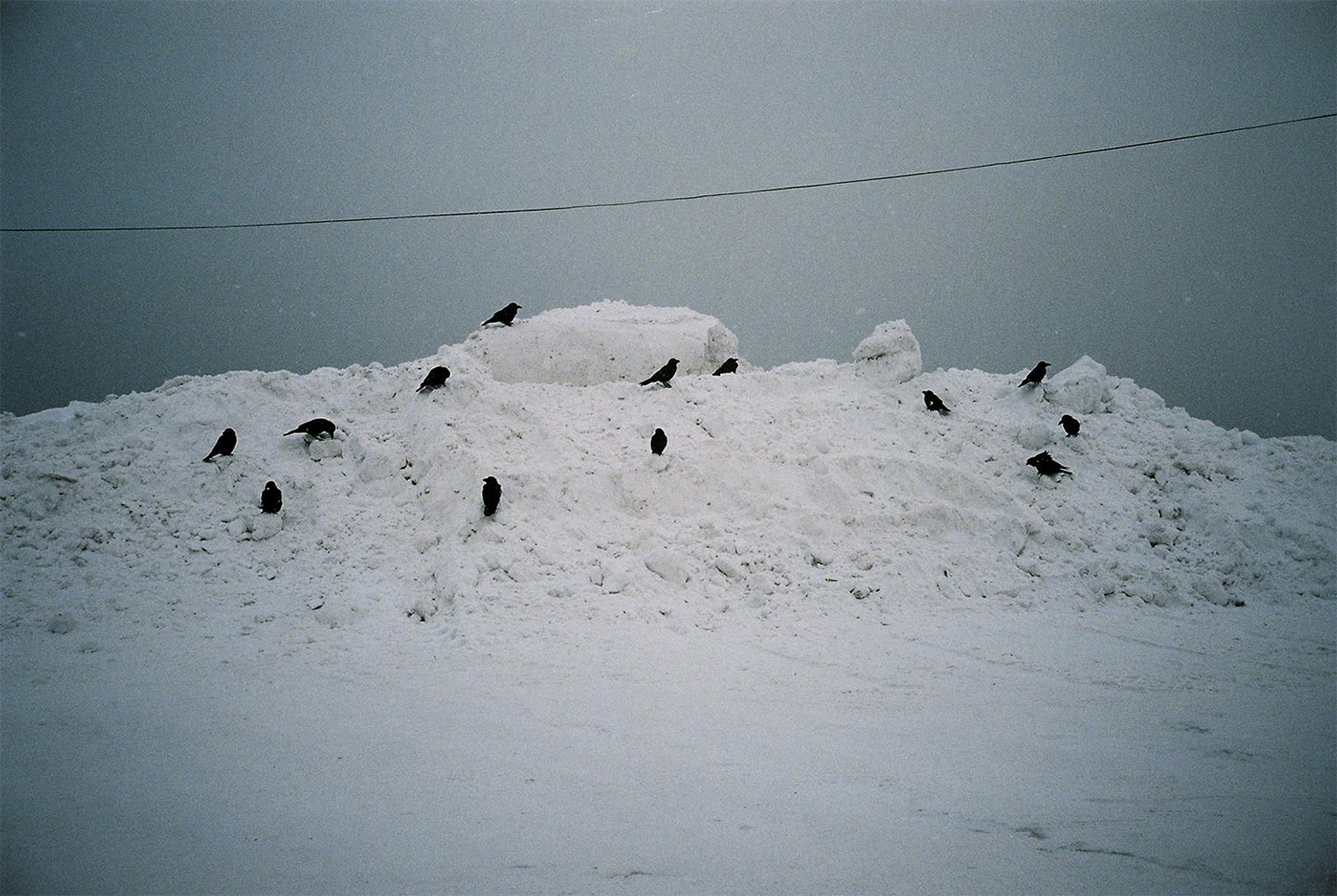
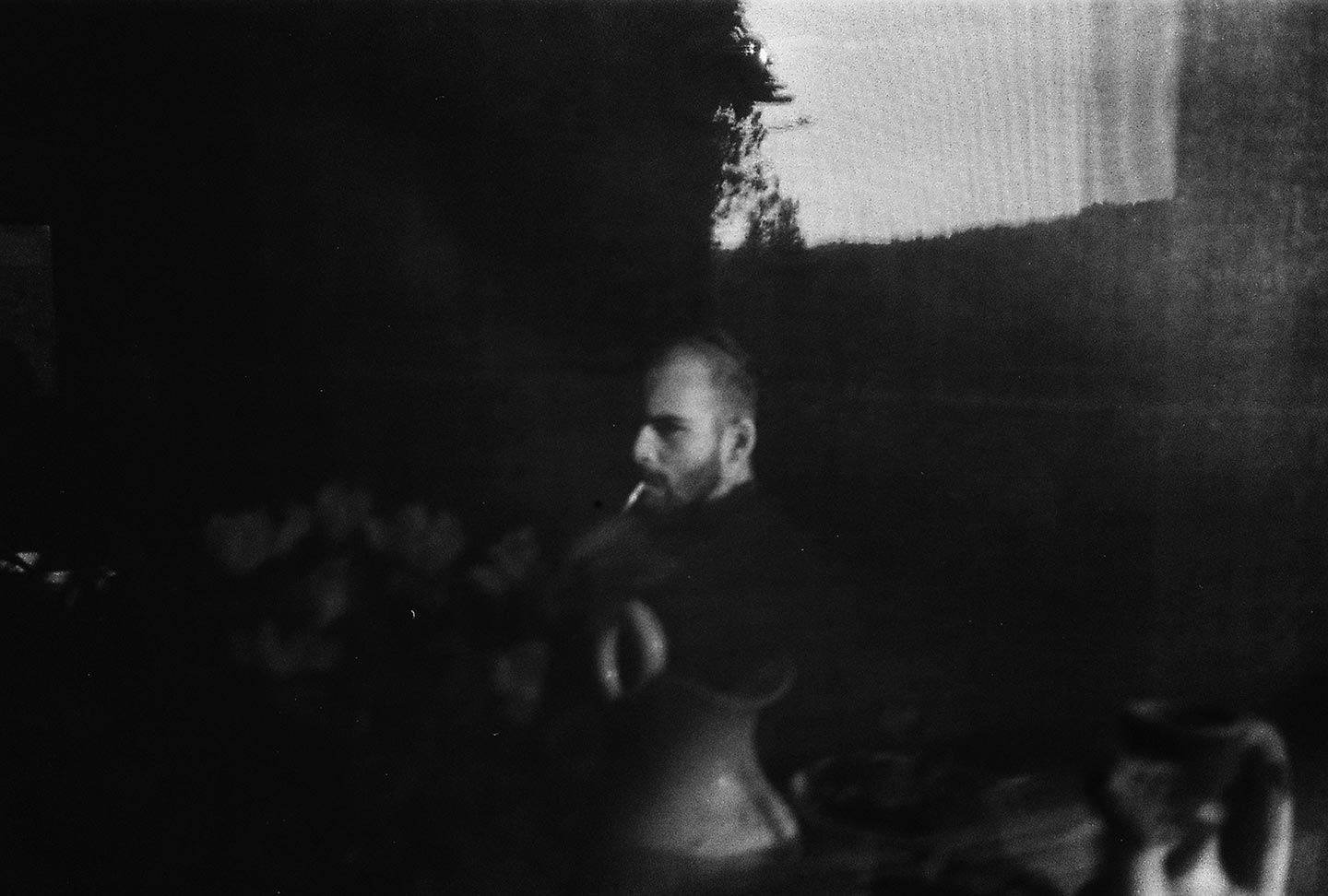
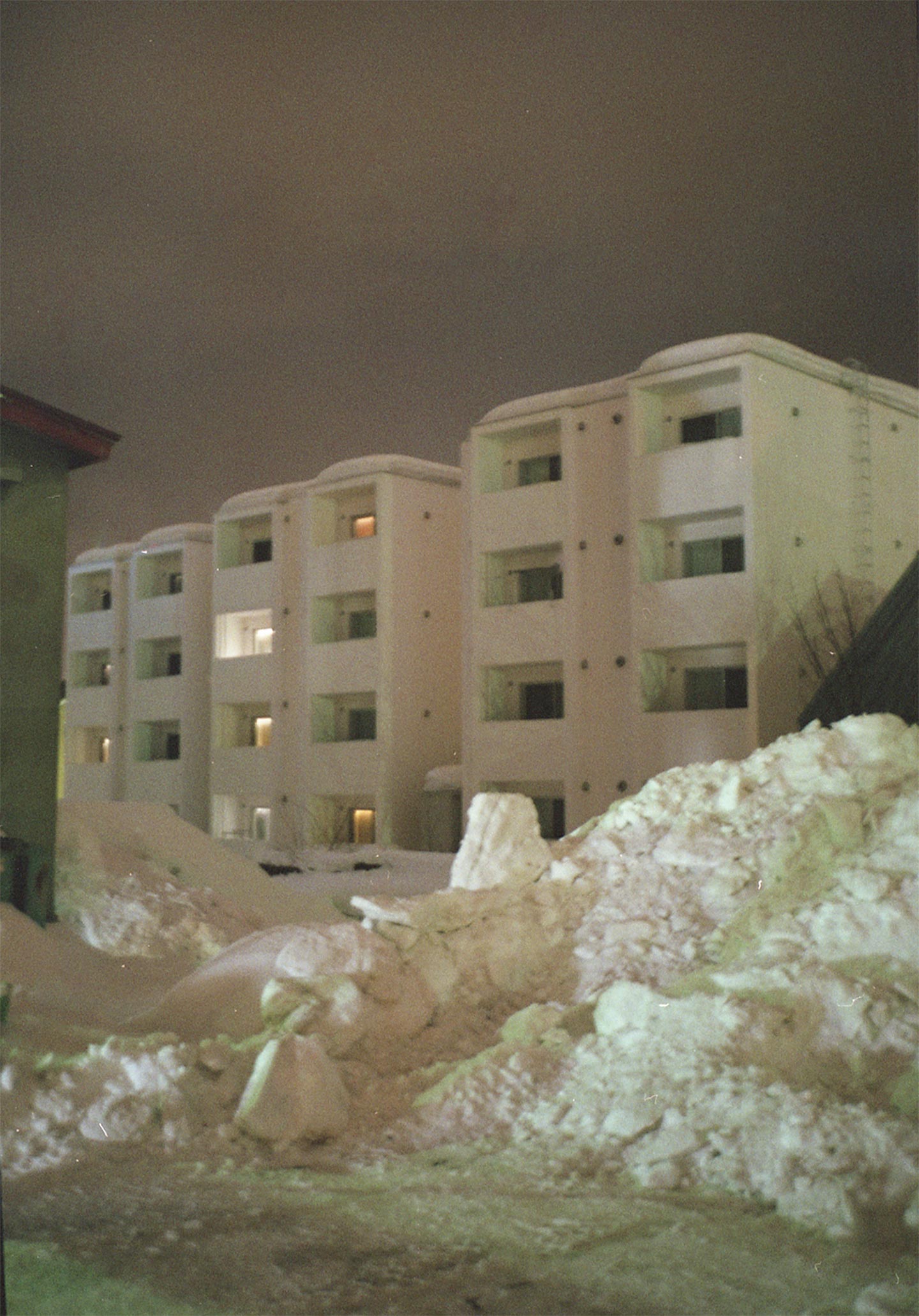
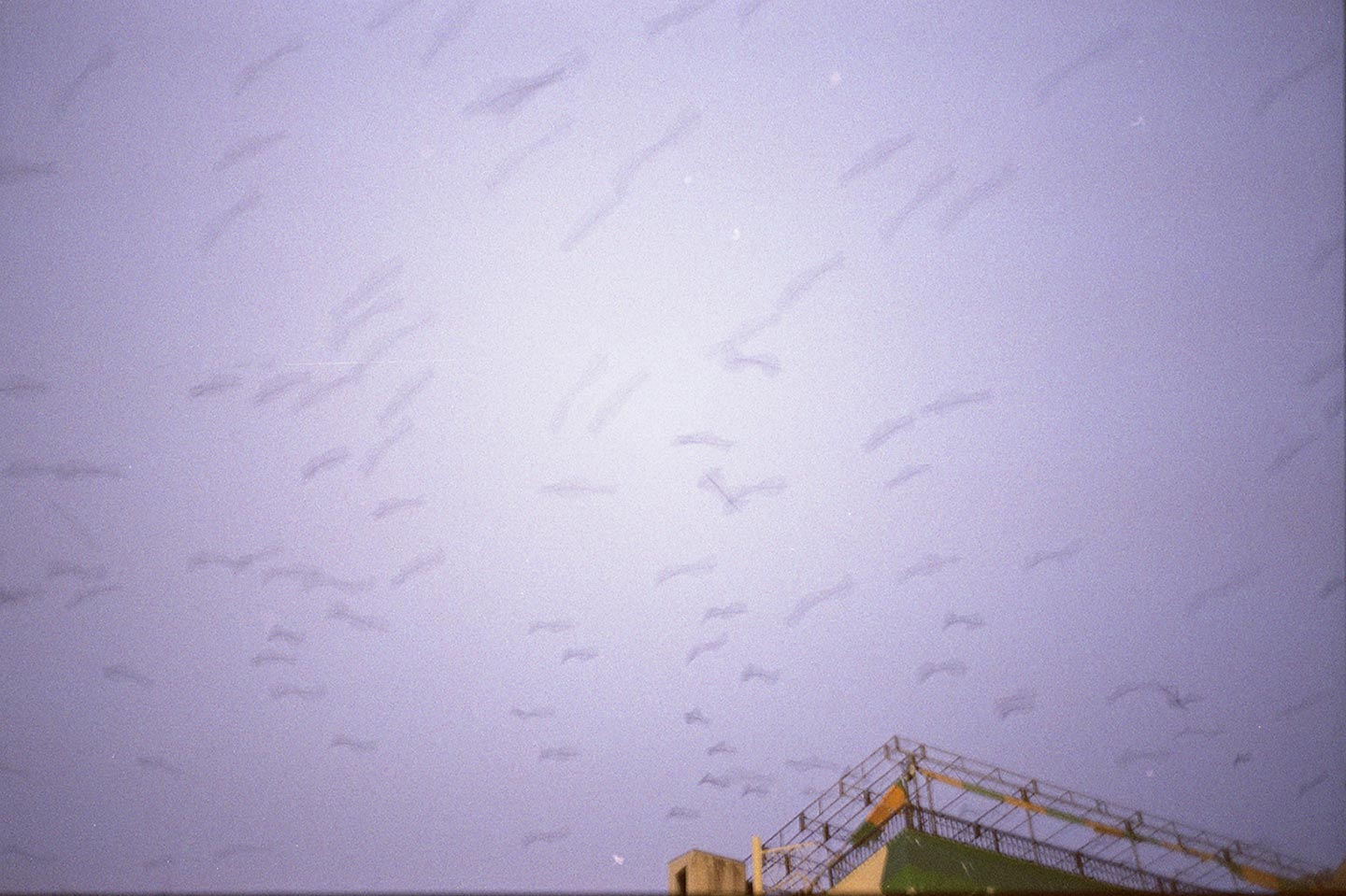
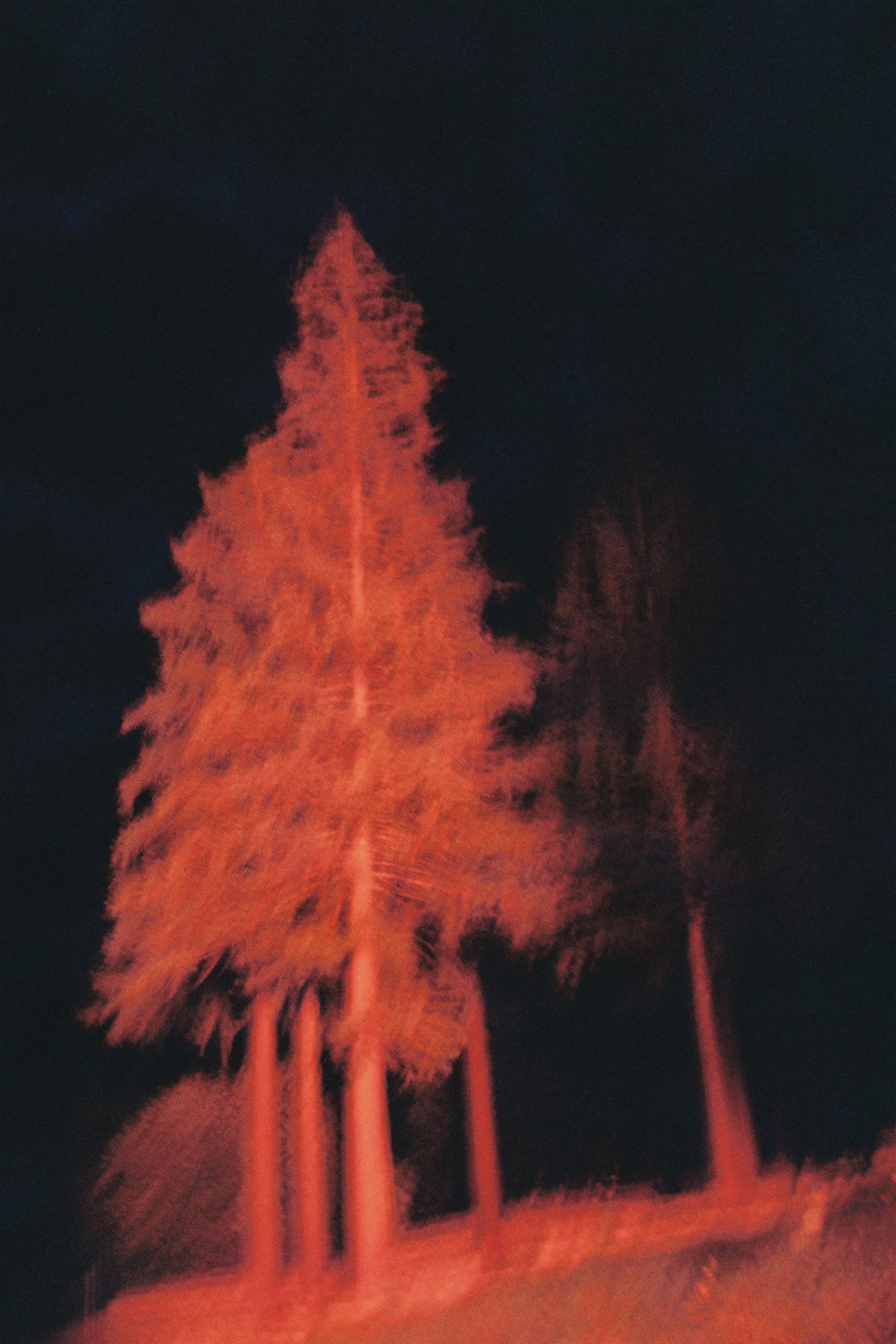
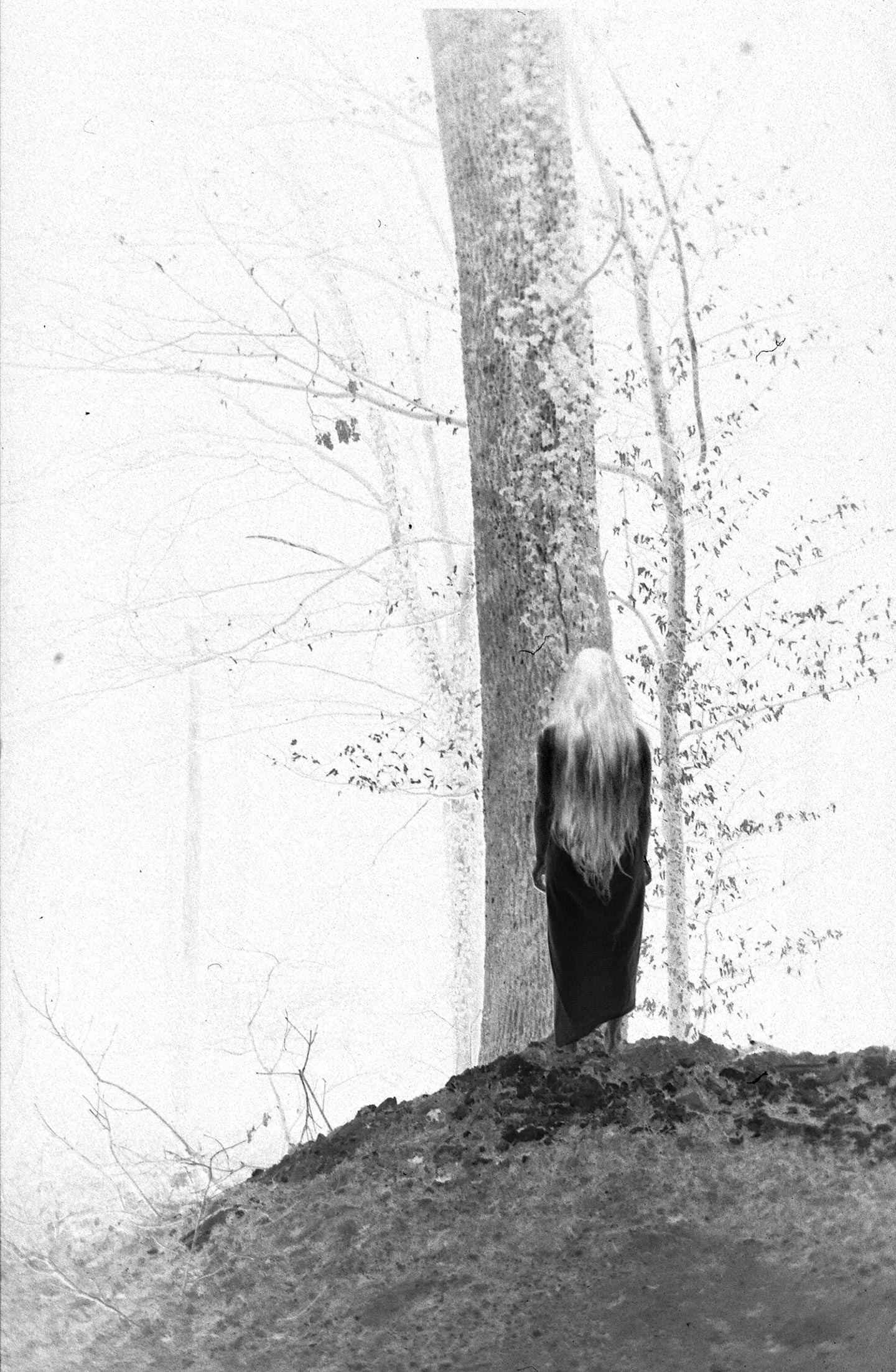
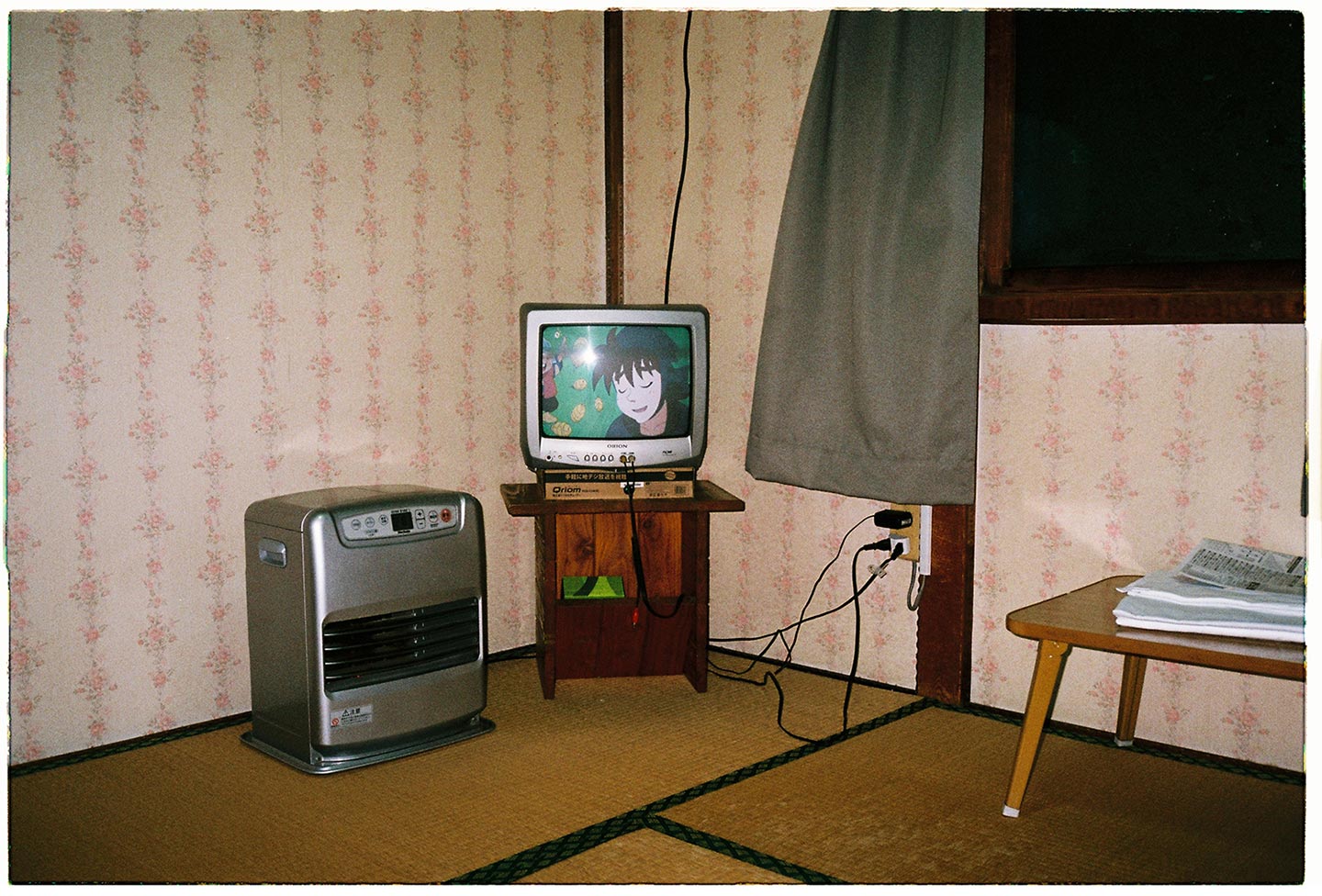
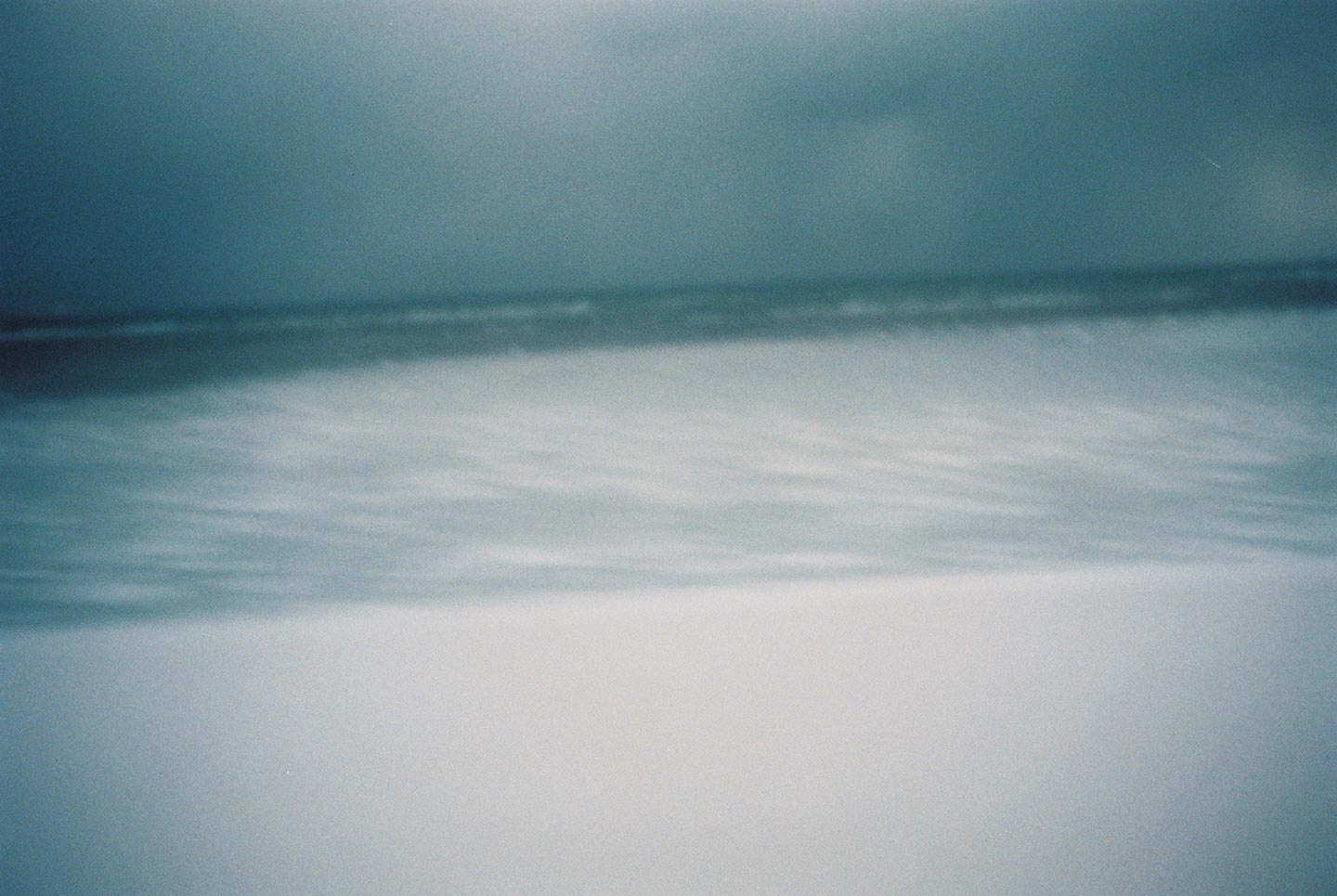
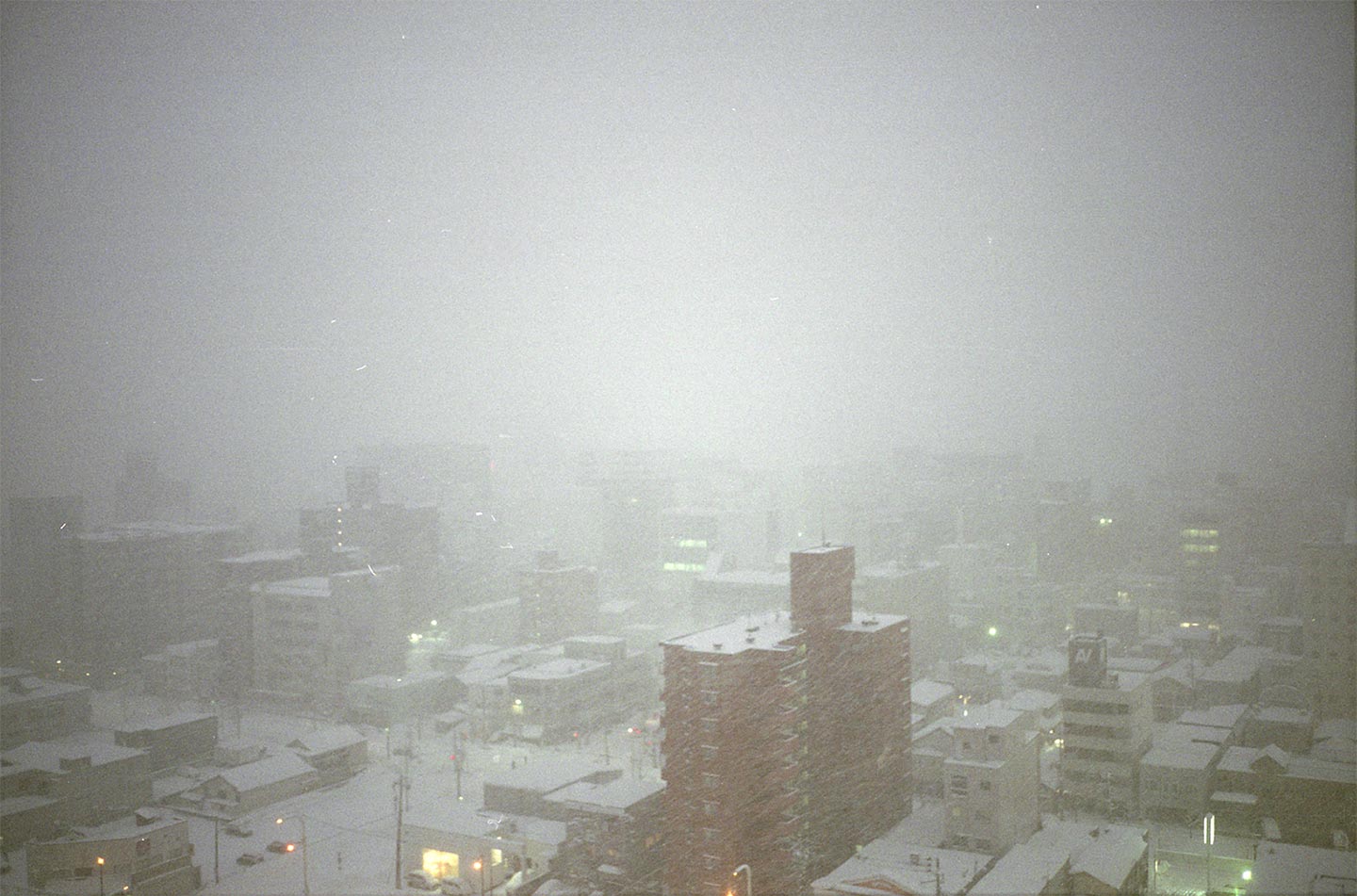
Tereza Kozinc is one of the 12 photographers shortlisted by photobook publisher Void to run for the opportunity of having their work made into a publication, which they offered as jurors of a recent #FotoRoomOPEN edition.
Finding Stenli by 34 year-old Slovenian photographer Tereza Kozinc is a series of images inspired by the disappearance of Stenli; who Stenli is, when or why he disappeared, and what was Tereza’s relationship with him, she prefers not to explain. She’ll just say that “Stenli was the most precious creature for me. His disappearance and the fact that I never found him or knew what happened to him really shook my world.”
The work brings together images from projects that Tereza originally conceived as separate from each other: “At one point I decided to combine them all into Finding Stenli. It was a bit risky but my main reason for doing so was that I finally understood that all my series have a very common theme: they all speak of my search for a home, as well as questioning if that place even exists. Initially the work was about living between Slovenia and Greece for many years, when I felt like sitting on two chairs at the same time. Then I moved to Paris and started traveling intensively, so I was not anymore divided between just two homes but so many that I couldn’t even begin taking roots into any one of them. I was affected emotionally: my difficulties living in new environments and being far from my family and friends fueled my photography.”
How does this all relate to the (untold) story of Stenli? “In a way, I never stopped searching for him and I never really said goodbye. Searching for Stenli, like searching for only one home, are both utopic ideas that keep me going. Stenli lives in all the photos that are in this series: he is my metaphor for a home. The people who appear in the photos are or were somehow connected with us—they were a part of the pack. From my parents to very dear friends of mine, these are the people I miss the most when I am outside of Slovenia. I live this paradox where I wish to take roots somewhere but at the same time I enjoy constantly being on the move.”
“The stream of this work has been changing. Sometimes I feel it has a life of its own,” Tereza says. “It evolves in parallel with my life. I believe that photos in general have a life of their own. There are images that hide from you, images that need more distance or time to be noticed; then there are those that jump right at you from the beginning. I have a love-hate relationship with my personal work. I am never completely satisfied with what I produce because everything comes from my feelings, and sometimes what I feel is so clear that it’s impossible to translate it visually. But I think this is the beauty of it: struggling keeps you exploring, searching, learning, trying, failing and growing. It would be very dangerous to think that you have made your best: what would there be left to do?“
Tereza’s approach to image-making is based on intuition. “Deciding ahead what to photograph is almost impossible for me. Finding Stenli is comprised of snapshots that reflect my inner state. To me it doesn’t really matter whether the light is right or something I see fits the series. What matters is the soft punch that I first feel in the stomach; then my heart starts pounding, and then I see something with which I connect. It can be a tree, a car, my mother’s neck. Without thinking, I just grab my camera and take a photo. For me this is complete freedom, and one of the rare things that can’t be taken away from me. I start to connect the pieces of the puzzle during editing. I like to print my ‘yes’ and ‘maybe’ photos at a small size. Then comes the long editing process that has many phases and needs great distance. Photos start to be as words or sentences in a poem.”
Ideally, Tereza hopes that those viewing the images of Finding Stenli will “just let the logic and intellect aside and get on a visual journey. And leave questions without an answer.” Some of her favorite contemporary photographers are Berangère Fromont, Katrin Koenning, Lars Tunbjörk and Klavdij Sluban. The last photobook she bought was Heroes del Brillo by Federico Estol, and the next she’d like to buy is Family by Masahisa Fukase.
Tereza’s three words for photography are:
Intuition. Source. Search.
Keep looking...

FotoCal — Photography Awards, Grants and Open Calls Closing in March 2024

FotoCal — Photography Awards, Grants and Open Calls Closing in February 2024

FotoCal — Photography Awards, Grants and Open Calls Closing in January 2024

FotoCal — Photography Awards, Grants and Open Calls Closing in December 2023

FotoCal — Photography Awards, Grants and Open Calls Closing in November 2023

FotoCal — Photography Awards, Grants and Open Calls Closing in October 2023

FotoCal — Photography Awards, Grants and Open Calls Closing in September 2023


